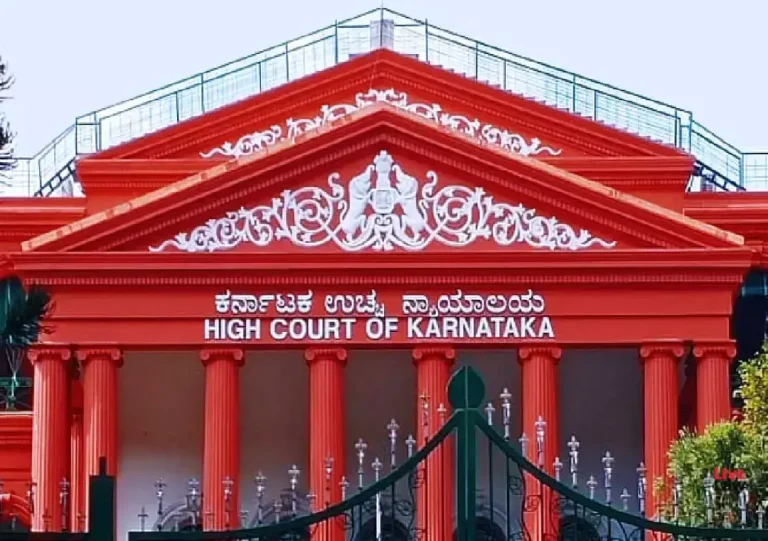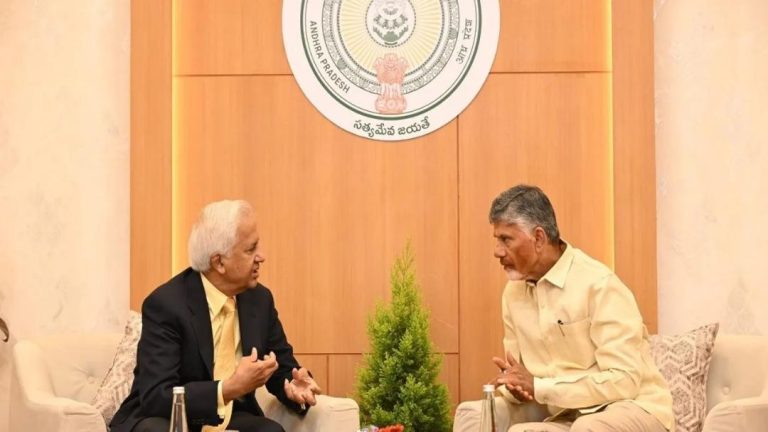
Many Jailed During Emergency, Youth Must Know About This: Sirsa
India’s Emergency period, which lasted from June 25, 1975, to March 21, 1977, was a dark chapter in the country’s history. During this period, the government, led by then-Prime Minister Indira Gandhi, imposed a state of emergency, suspending civil liberties, censoring the media, and jailing thousands of people who were perceived as a threat to the government.
Recently, Delhi Minister Manjinder Singh Sirsa reminded the youth of the country about the significance of this period and the impact it had on the nation. Speaking ahead of the Bharatiya Janata Party’s (BJP) plan to celebrate ‘Black Day’ on June 25, marking 50 years of the Emergency, Sirsa emphasized the importance of knowing about this period in Indian history.
“In 1975, a family (Congress) crushed the Constitution…which is the soul of this country,” Sirsa said. “Several people suffered due to that, and several people were put in jail…The coming generation should know this.” His remarks serve as a reminder of the importance of learning from the past and understanding the consequences of authoritarianism.
The Emergency was imposed by Indira Gandhi’s government in response to the Allahabad High Court’s decision to disqualify her from holding public office in the wake of the 1975 elections. The court had found her guilty of electoral malpractices and ordered her to vacate her seat as a Member of Parliament. Gandhi, however, refused to accept the verdict and instead used her executive powers to impose the Emergency, suspending democratic rights and freedoms.
During the Emergency, thousands of people were arrested and thrown into prison without trial. Many opposition leaders, including Jaya Prakash Narayan, Morarji Desai, and Charan Singh, were jailed along with thousands of others who were perceived as a threat to the government. The government also censored the media, banned political meetings and rallies, and imposed strict controls on the economy.
The Emergency was marked by widespread human rights abuses, with reports of torture, custodial deaths, and forced sterilizations. The government also used the army to quell protests and demonstrations, leading to further violence and bloodshed.
The Emergency finally came to an end on March 21, 1977, when Indira Gandhi’s government was defeated in the general elections. The new government, led by Morarji Desai, set up the Shah Commission to investigate the excesses of the Emergency. The commission’s report revealed widespread abuse of power and human rights violations during the Emergency.
In recent years, there has been a growing trend of forgetfulness about the Emergency and its impact on Indian society. Many young people today are not aware of the significance of this period in Indian history, and the consequences of authoritarianism.
Sirsa’s remarks serve as a reminder of the importance of learning from the past and understanding the dangers of unchecked power. The Emergency was a dark chapter in Indian history, and it is essential that we remember it so that we do not repeat the mistakes of the past.
In conclusion, the Emergency was a period of great turmoil and suffering in Indian history. It is essential that we remember this period and the impact it had on the country. Sirsa’s remarks serve as a reminder of the importance of learning from the past and understanding the dangers of authoritarianism.






